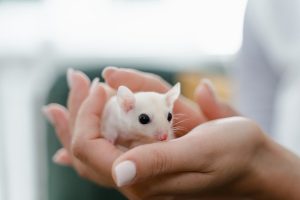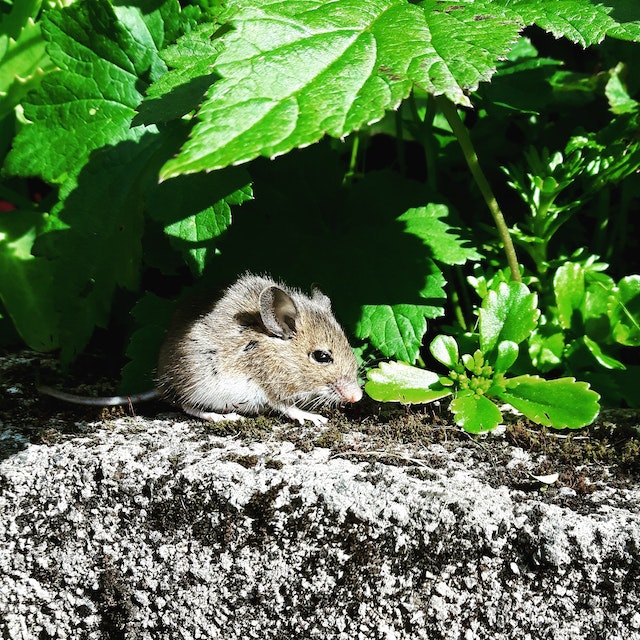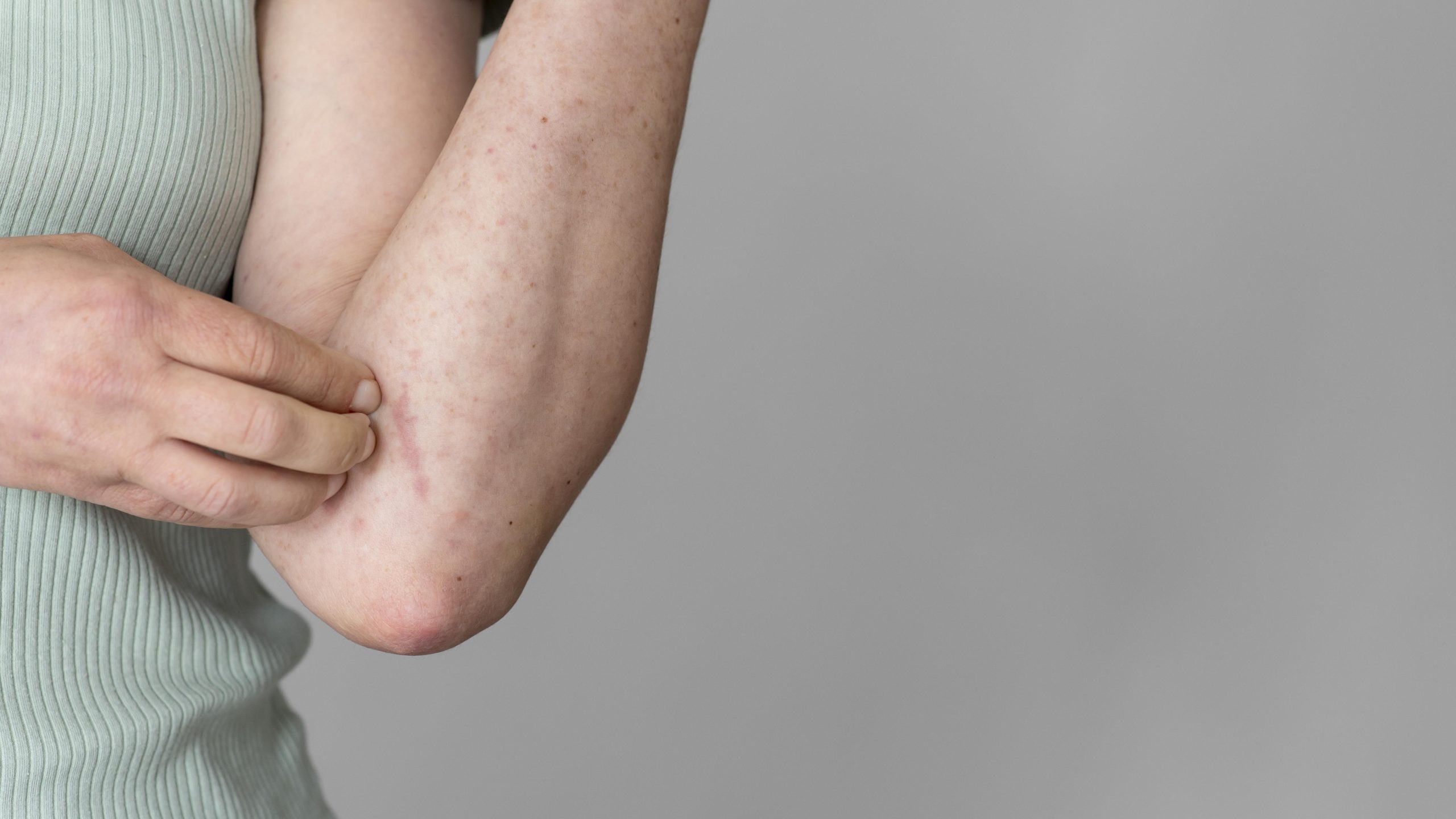Introduction:
Aging has been a subject of fascination and concern for humanity throughout history. As science advances, researchers are delving into various aspects of aging, seeking ways to extend human life and improve the quality of life in our later years. One such intriguing study revolves around the blood of young mice and its potential to extend the lifespan of older mice. This article explores the groundbreaking research that sheds light on the connection between young blood and longevity.
The Fascinating Study on Mouse Blood:
In recent years, scientists have conducted experiments where they transfused the blood of young mice into older mice. The results were astonishing: the older mice who received this transfusion showed remarkable improvements in various aspects of their health and extended lifespans. This phenomenon has sparked significant interest in the scientific community and has opened up new avenues for understanding the aging process.
Understanding the Mechanism Behind Longevity:
To comprehend how young blood can impact the aging process, researchers have delved into the underlying mechanisms involved. One leading hypothesis suggests that young blood contains vital components, such as growth factors and proteins, that promote tissue repair, cell regeneration, and overall rejuvenation. By infusing these components into older mice, the aging process seems to slow down, leading to an extended lifespan.
However, it is essential to note that the exact mechanisms are still being explored, and the research is ongoing. While the findings are promising, caution must be exercised before extrapolating the results to human subjects.

Potential Implications for Human Aging:
The discovery of the potential benefits of young blood on mouse longevity has naturally led to speculation about its implications for human aging. Could this research eventually lead to therapies that slow down aging in humans? Could it be a stepping stone toward unlocking the secrets of human longevity?
As exciting as the findings are, scientists urge us to remain cautious. Human biology is far more complex than that of mice, and what works in one species may not necessarily work in another. Additionally, ethical considerations and safety protocols are critical when considering such treatments in humans.
While the research is still in its early stages, the implications are significant. It highlights the importance of studying the aging process at the cellular and molecular levels and offers new possibilities for anti-aging interventions in the future.
Conclusion:
The study on the blood of young mice and its potential to extend the lifespan of older mice has captured the attention of the scientific community and the public alike. It opens up exciting prospects for understanding the complexities of aging and may pave the way for innovative approaches to improve human health and longevity.
As researchers continue to unravel the secrets behind the rejuvenating effects of young blood, we must remain patient and cautious. The journey toward successful anti-aging therapies is a long and intricate one, but the promise it holds for humanity is undeniably exciting. By studying the blood of young mice, we take another step forward in our quest to unlock the mysteries of aging and lead longer, healthier lives.










